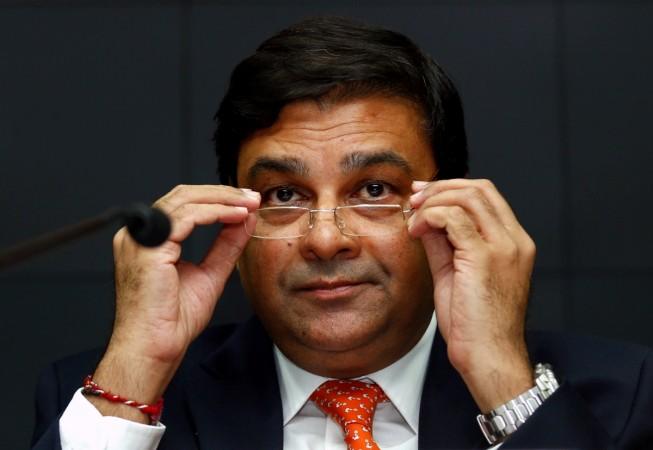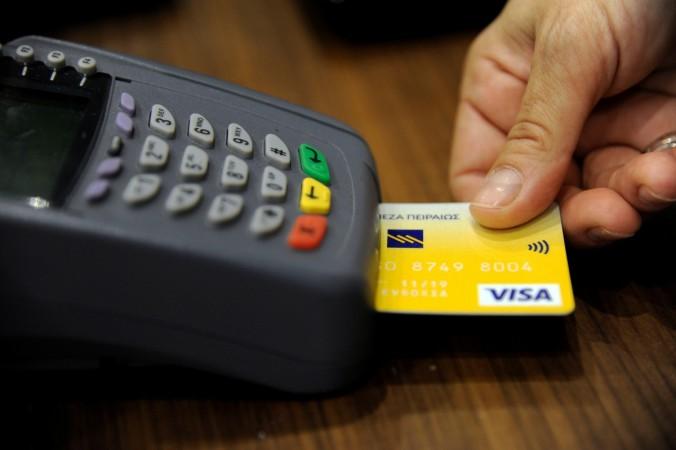
The Reserve Bank of India (RBI) has fixed a lower merchant discount rate (MDR) for businesses with a turnover of below Rs 20 lakh. The move will allow small shops to accept more debit card payments as they have to pay less fee to the bank on card transactions.
Through the new regime, the RBI removed the progressive charge structure that was introduced during demonetisation. Under this structure, the merchants had to pay more for higher value transactions irrespective of their scale of business.
However, after the decision to reduce the fees on debit card transaction value, a small merchant will pay only 0.40 percent of the transaction value if his turnover for the previous year is below Rs 20 lakh.
Besides this, the maximum fee has been capped at Rs 200 which means that for all debit card payments above Rs 50,000, the merchant will pay a flat fee of Rs 200. Also, the maximum fee for large businesses has been capped at Rs 1,000.
"We thought a further push to debit card usage is needed and we decided to rationalize MDR which is intended to widen the network of merchant establishments who use debit cards," said B.P. Kanungo, Deputy Governor at RBI.
"This new rule will leave money on the table for merchants so that they add more technology," he added.

The new structure will push more digital payments and the banks will also have to ensure that the MDR levied on merchants should not exceed the cap rates and that the merchants on-boarded by banks do not pass on MDR charges to customers.
The new rates will be effective from 1st January 2018.
"While there should not be any price regulation by the regulator, but the final guidelines are much clearer. Its benefits will trickle down to the lowest merchant category,'' said Naveen Surya, Chairman, Payments Council of India.
"I don't see any specific exemption given to the government transactions which is a positive move," he added.








